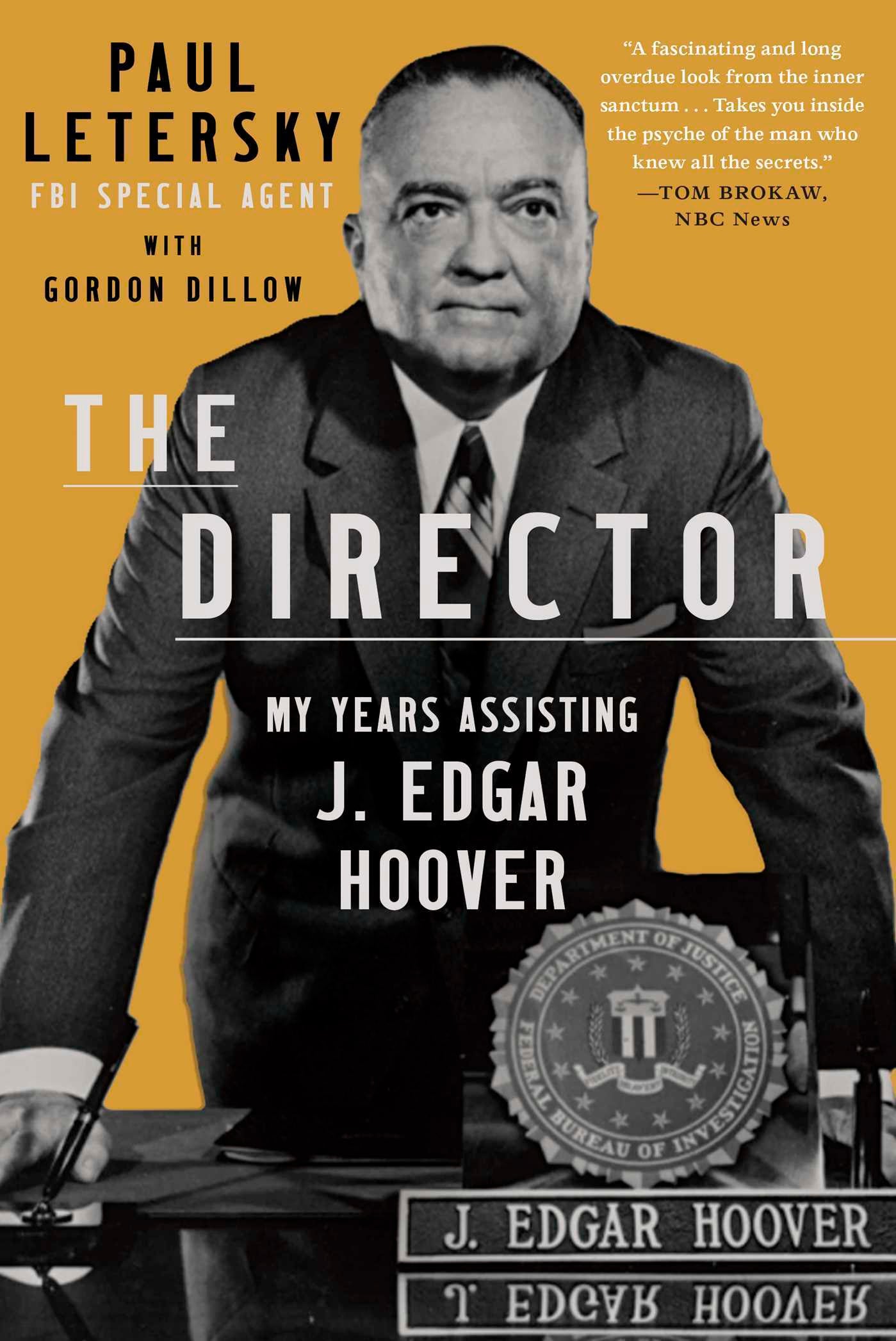Review: New insight into the complex character of Hoover
Much has been written about the man who built the Federal Bureau of Investigation into the world’s premier crime-fighting team but former J

Your support helps us to tell the story
From reproductive rights to climate change to Big Tech, The Independent is on the ground when the story is developing. Whether it's investigating the financials of Elon Musk's pro-Trump PAC or producing our latest documentary, 'The A Word', which shines a light on the American women fighting for reproductive rights, we know how important it is to parse out the facts from the messaging.
At such a critical moment in US history, we need reporters on the ground. Your donation allows us to keep sending journalists to speak to both sides of the story.
The Independent is trusted by Americans across the entire political spectrum. And unlike many other quality news outlets, we choose not to lock Americans out of our reporting and analysis with paywalls. We believe quality journalism should be available to everyone, paid for by those who can afford it.
Your support makes all the difference.“The Director: My Years Assisting J. Edgar Hoover,” by Paul Letersky with Gordon Dillow (Scribner)
J. Edgar Hoover’s life has been picked apart in other books; Paul Letersky and Gordon Dillow deliver insight that only could be obtained from Letersky’s vantage point as Hoover’s personal assistant for two years.
“The Director: My Years Assisting J. Edgar Hoover” is actually a pair of books in one; the first half Letersky’s experience as Hoover’s assistant; the second covers Letersky’s years as a field agent, first in Cincinnati and then Alexandria, Virginia
Letersky offers less a historical breakthrough than finer brushstrokes on an American icon, whom the author describes as kind, courteous, formal, thoughtful, fearless, occasionally funny, a perfect gentleman and a devout patriot. He also could be vindictive, closed-minded, hypocritical and a holder of eternal grudges who sincerely thought he was serving his country. In his later years, however, Hoover apparently was oblivious to ethical lapses such as bugging the Rev. Martin Luther King’s hotel rooms.
Hoover also emerges as petty, judgmental and sometimes bizarre. He didn’t want men with “pear-shaped” heads as agents and woe to the agent who added a few extra pounds.
More than anything, Hoover was that uniquely American character, the workaholic. His entire life was dedicated to the FBI which he built into the world’s most respected law enforcement agency. Agents feared letters of censure from the boss; Hoover’s FBI allowed no room for error or forgiveness. Hoover’s singular devotion to the FBI’s success and image made the bureau a tense, competitive place to work. Arrests, closed cases, the accuracy rate of typed pages – everything was measured. “All men, even the best men, must be closely controlled and supervised at all times,” Letersky quotes Hoover as telling him.
He stayed too long and in later years needed an afternoon nap but other than attending horse races, he had little other life.
As for Hoover using his famed and feared “personal files” to pressure the eight presidents he worked for to allow him to stay; in Letersky’s telling, it was more the other way around – several presidents tried to lean on Hoover for political leverage.
The director usually resisted. Letersky says Hoover never joined a political party and never voted.
With Hoover’s death in 1972, many thought the mystery of what was in his personal files would be revealed. Their mere existence generated fear – what secrets might those 30-some file drawers hold?
We can get some clues as to the contents from a file Letersky saw on The Monkees, the American pop group from the 1960s. The file consisted of a few newspaper clips, cut and stored because an informant said the group was transmitting subliminal anti-war messages during their concerts.
This would have been impressive at many levels. The Monkees’ musical abilities were such that studio musicians recorded many of their songs for them.
And the rest of the files?
We will never know. After Hoover’s death, they were shredded by his long-time secretary, Helen Gandy. The job took two weeks.